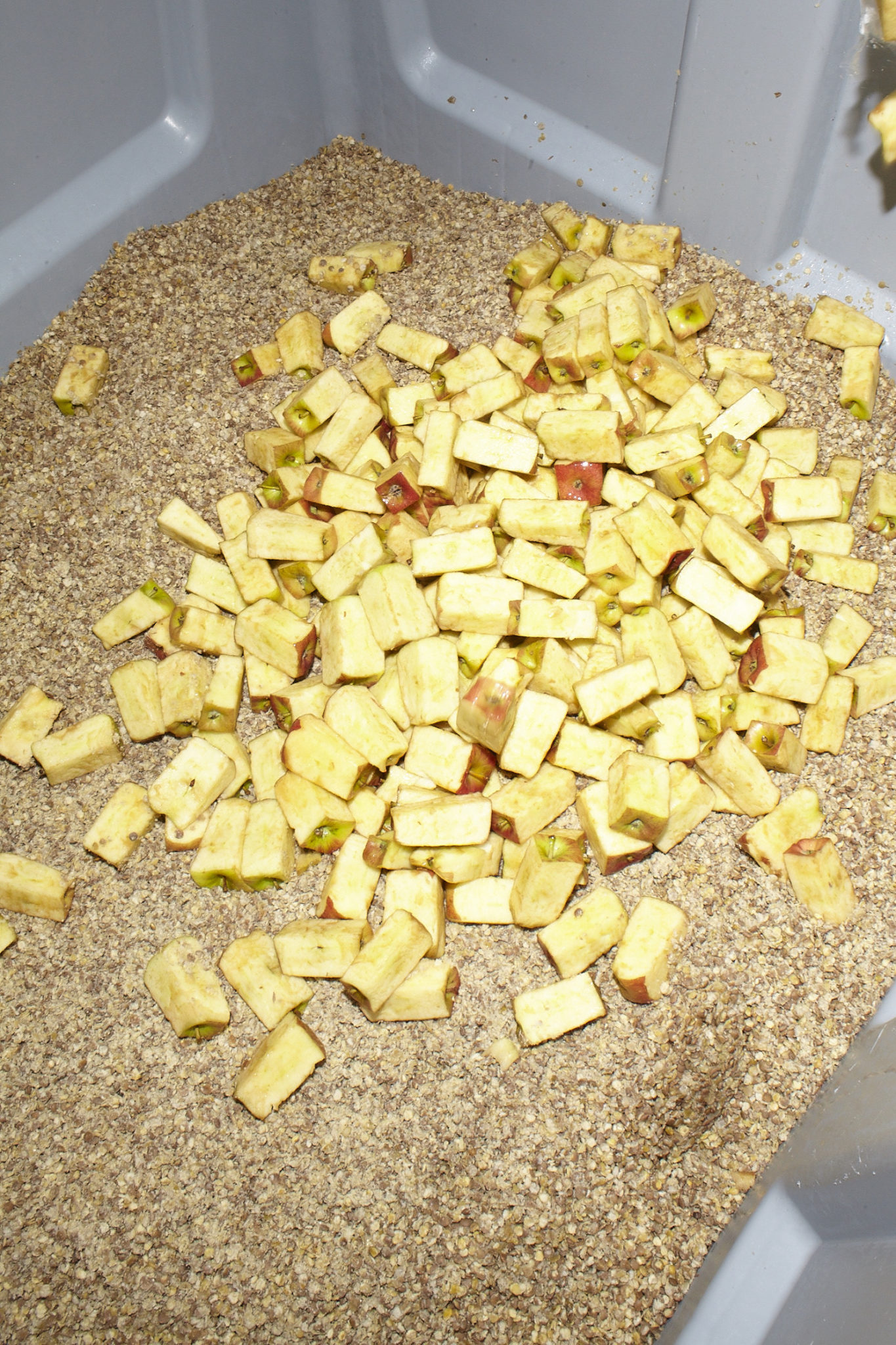Transforming surplus ingredients into high-quality flavour solutions
Food loss is a major sustainability challenge. Globally, around 1.6 billion tonnes of food are lost or wasted every year, contributing an estimated eight percent of total greenhouse gas emissions. These losses represent not only wasted resources but also a missed opportunity to create value from under-utilised raw materials across the food system.
REDUCED, a Danish flavour solutions company, develops natural savoury products using surplus ingredients that would otherwise be discarded. The company sources by-products from agriculture and the food industry – including rapeseed cake, broken lentils, surplus chickens from egg production, shore crabs and second-grade vegetables – and transforms them into concentrated flavour profiles. This approach supports both resource efficiency and the development of new flavour systems.
REDUCED has upcycled more than 100 tonnes of by-products into natural savoury flavours
At the core of REDUCED’s method is an accelerated fermentation process that combines artisanal fermentation principles with modern biotechnology. By using a specific koji fungal spore that produces flavour-enhancing enzymes, REDUCED can unlock umami characteristics in diverse raw material streams. The process allows the company to convert by-products into additive-free savoury flavours within a shorter production timeframe than conventional fermentation methods.
To date, REDUCED has a continuous focus on reducing processing time, improving energy efficiency and expanding production capacity. The next milestone is to achieve a capacity of 500 tonnes of upcycled ingredients.


